Enhancing the Effectiveness of Sexual Harassment Training: Six Strategies for a Respectful Workplace Culture
Sexual harassment remains a pervasive issue in workplaces across industries, undermining employee well-being, job satisfaction, and overall organizational success. Recognizing the importance of cultivating a respectful workplace culture, many companies have implemented sexual harassment training programs. However, despite these efforts, the effectiveness of such training can vary. To ensure that sexual harassment training is truly… Continue reading Enhancing the Effectiveness of Sexual Harassment Training: Six Strategies for a Respectful Workplace Culture
Sexual harassment remains a pervasive issue in workplaces across industries, undermining employee well-being, job satisfaction, and overall organizational success. Recognizing the importance of cultivating a respectful workplace culture, many companies have implemented sexual harassment training programs.
However, despite these efforts, the effectiveness of such training can vary. To ensure that sexual harassment training is truly impactful, organizations must adopt a comprehensive approach that goes beyond mere compliance.
Here are six strategies to enhance the effectiveness of sexual harassment training for all employees:
1. Tailor Training to Address Organizational Specifics
One size does not fit all when it comes to sexual harassment training. Each organization possesses its own unique culture, dynamics, and challenges. To maximize the impact of training, it is important to tailor the content and delivery to address these specifics. Conduct a thorough assessment of the organizational environment, including prevalent issues, existing policies, and employee demographics. This will enable the development of training materials that resonate with employees and address their specific concerns.
2. Promote Management Commitment and Accountability
The commitment of top-level management plays a pivotal role in fostering a respectful workplace culture. Leaders must actively communicate their support for the training program and emphasize that sexual harassment will not be tolerated under any circumstances. Furthermore, managers and supervisors should be held accountable for creating and maintaining a respectful work environment. By aligning performance evaluations with adherence to workplace policies and demonstrating zero tolerance for harassment, organizations can send a clear message that inappropriate behavior will have consequences.
3. Focus on Bystander Intervention
Empowering employees to become active bystanders is a powerful tool in preventing and addressing sexual harassment. Traditional training programs often focus solely on identifying and reporting harassment, leaving bystanders unsure of how to intervene. By incorporating bystander intervention strategies into training, individuals can learn practical techniques for safely and effectively stepping in when they witness inappropriate behavior. This proactive approach shifts the responsibility from victims alone to the collective responsibility of all employees, creating a culture of mutual support.
4. Utilize Engaging and Interactive Training Methods
Long, monotonous training sessions can be counterproductive and fail to engage participants. To enhance the effectiveness of sexual harassment training, organizations should employ interactive and engaging methods. Incorporate case studies, role-playing scenarios, and group discussions to encourage active participation and provide practical examples that resonate with employees. Using multimedia presentations, such as videos and interactive quizzes, can also help reinforce key concepts and increase knowledge retention.
5. Encourage Open Dialogue and Reporting
Creating a safe space for open dialogue is essential for combating sexual harassment. Employees should feel comfortable reporting incidents and expressing concerns without fear of retaliation. Establish clear and confidential reporting mechanisms, such as anonymous hotlines or online platforms, to encourage individuals to come forward. Additionally, provide ongoing communication channels for employees to ask questions, seek guidance, and receive updates on the organization’s efforts to address and prevent sexual harassment.
6. Reinforce Training with Ongoing Education and Support
Effective sexual harassment training is not a one-time event but an ongoing process. Regularly reinforce the key messages and principles covered in initial training sessions through periodic follow-up sessions. This serves as a reminder of the organization’s commitment to maintaining a respectful workplace culture. Furthermore, provide additional educational resources, such as workshops, webinars, or newsletters, to continuously educate employees on topics related to diversity, inclusion, and respectful conduct.





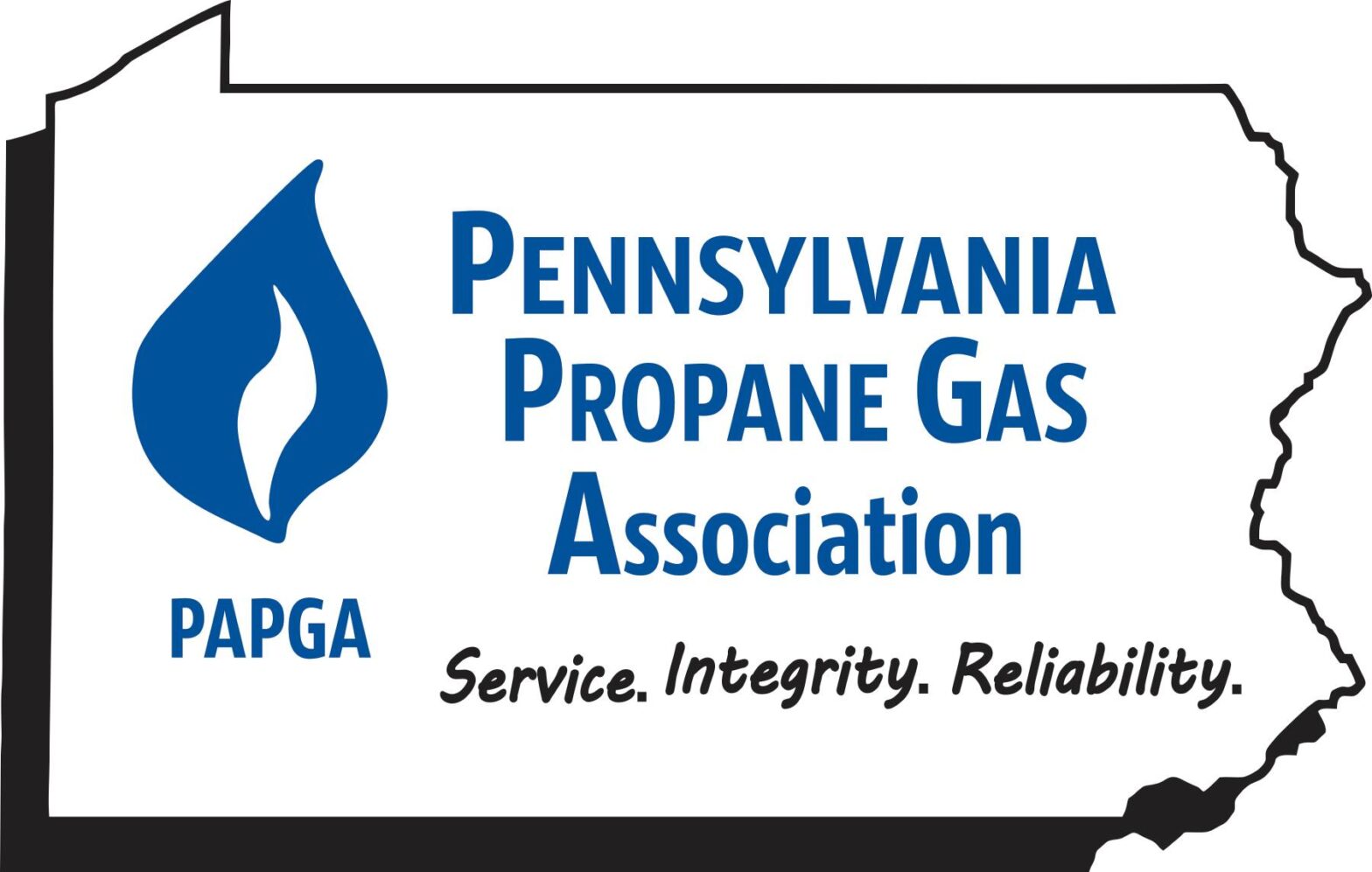
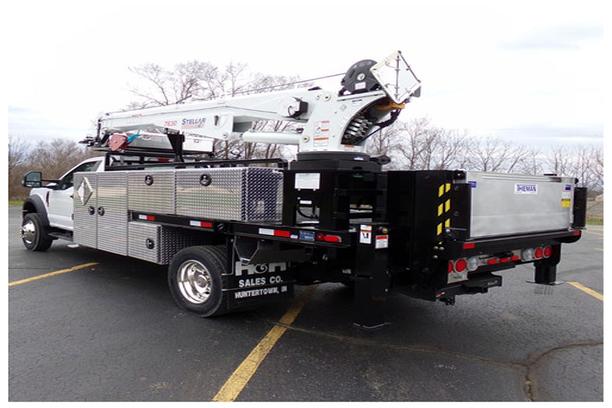



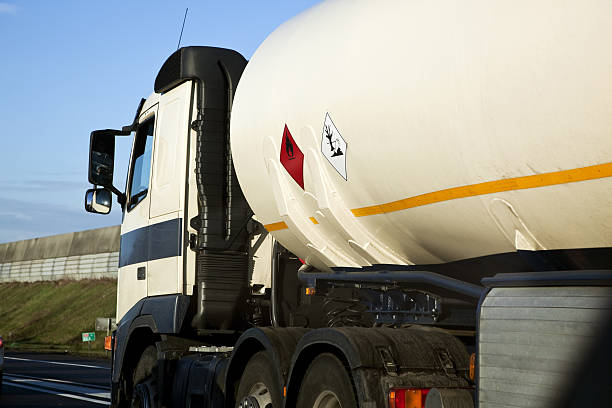
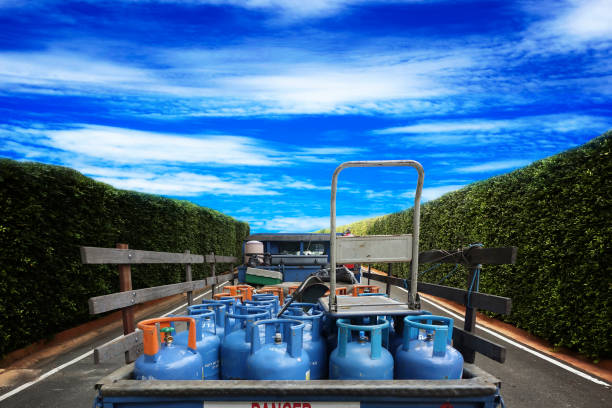



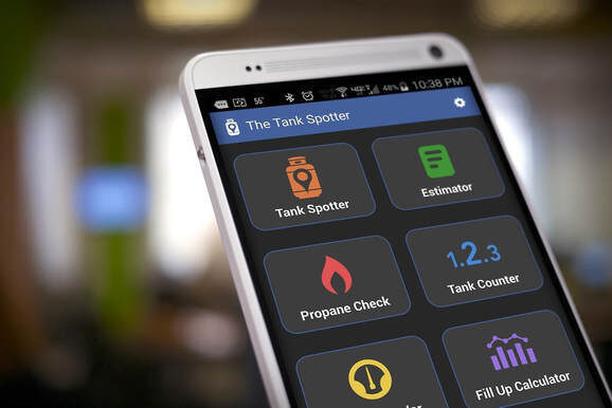

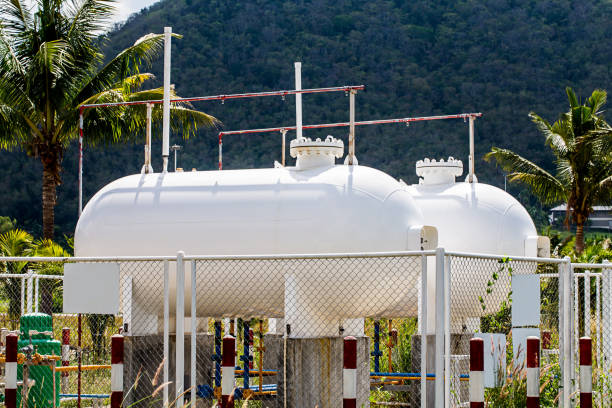
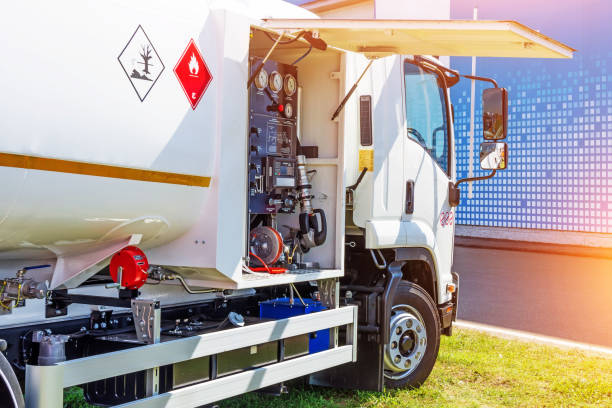
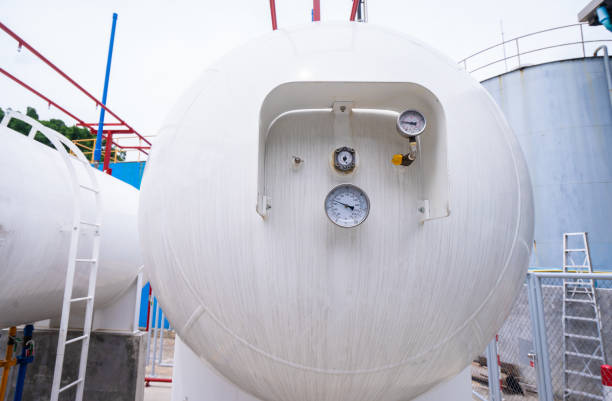





 The leak occurred mere hours before the highly anticipated annual July 4th fireworks show was scheduled to commence at the Isle Palms beach front. Thanks to the timely response and efficient actions of the IOPFD, the situation was promptly resolved, allowing the event to proceed as planned.
The leak occurred mere hours before the highly anticipated annual July 4th fireworks show was scheduled to commence at the Isle Palms beach front. Thanks to the timely response and efficient actions of the IOPFD, the situation was promptly resolved, allowing the event to proceed as planned.
 Following the explosion, a controlled procedure was implemented to burn off excess propane. Lori Shenk, representing the Rapho Township Emergency Management Agency, assured residents that the presence of flames was normal.
Following the explosion, a controlled procedure was implemented to burn off excess propane. Lori Shenk, representing the Rapho Township Emergency Management Agency, assured residents that the presence of flames was normal.
 Beyond the trade show, the Eastern Energy Expo presented more than 60 educational programs catering to all levels of company personnel, including owners, managers, service managers, technicians, and customer service representatives. The expo also hosted various engaging activities, including Hospitality Night at Harrah’s Resort in the Waterfront Conference Center, a sold-out golf tournament, and the esteemed Oil & Energy Service Professionals awards dinner.
Beyond the trade show, the Eastern Energy Expo presented more than 60 educational programs catering to all levels of company personnel, including owners, managers, service managers, technicians, and customer service representatives. The expo also hosted various engaging activities, including Hospitality Night at Harrah’s Resort in the Waterfront Conference Center, a sold-out golf tournament, and the esteemed Oil & Energy Service Professionals awards dinner.
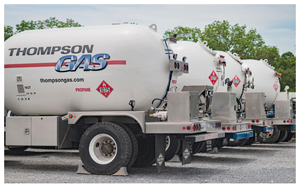 Propane autogas offers the lowest cost of ownership compared to other fuel types. ThompsonGas achieves a 60% lower cost per mile for its propane vehicles than diesel-powered models.With simplified maintenance requirements, the company estimates that its propane vehicles will last between 250,000 and 300,000 miles.
Propane autogas offers the lowest cost of ownership compared to other fuel types. ThompsonGas achieves a 60% lower cost per mile for its propane vehicles than diesel-powered models.With simplified maintenance requirements, the company estimates that its propane vehicles will last between 250,000 and 300,000 miles.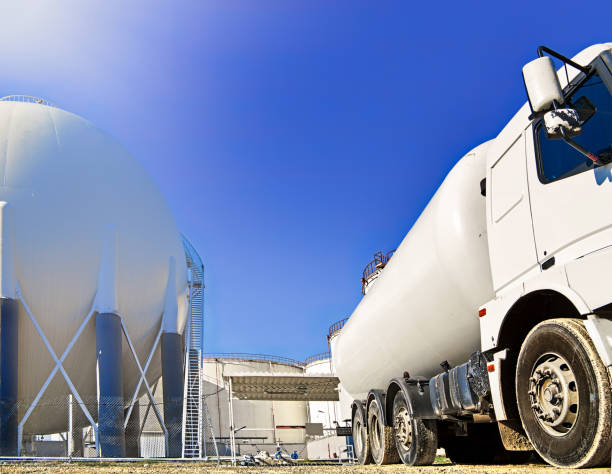
 The opportunity to engage in face-to-face discussions with members and staff of Congress was a long-awaited one, after three years of COVID-19 precautions that made such meetings impossible.
The opportunity to engage in face-to-face discussions with members and staff of Congress was a long-awaited one, after three years of COVID-19 precautions that made such meetings impossible.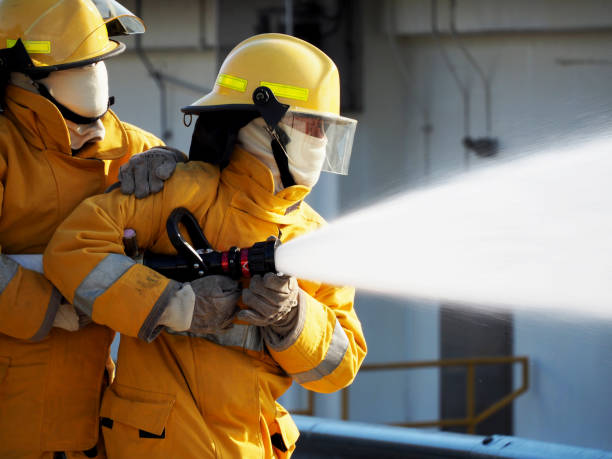
 Upon receiving the emergency call at approximately 8:20 a.m., firefighters sprang into action. Three extra fire engines and the specialized Hazmat 64 unit, designed for containing flammable liquids, were also dispatched by Cal Fire.
Upon receiving the emergency call at approximately 8:20 a.m., firefighters sprang into action. Three extra fire engines and the specialized Hazmat 64 unit, designed for containing flammable liquids, were also dispatched by Cal Fire.
 The investigation into the cause of the propane leak and subsequent explosion is ongoing. Authorities are diligently working to determine the circumstances surrounding the incident, aiming to prevent similar occurrences in the future.
The investigation into the cause of the propane leak and subsequent explosion is ongoing. Authorities are diligently working to determine the circumstances surrounding the incident, aiming to prevent similar occurrences in the future.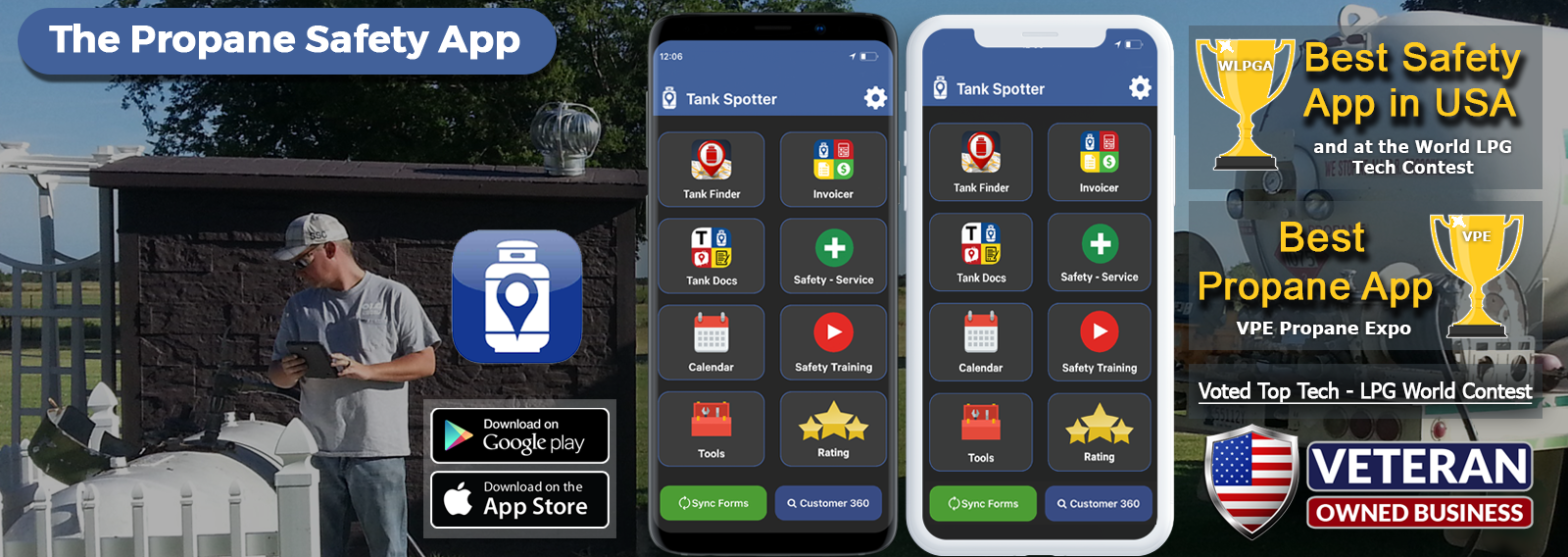
 consumer satisfaction. To navigate these complexities successfully, adopting a proactive approach is essential. Hence, the incorporation of pioneering tools such as Tank Spotter becomes imperative in augmenting retail businesses through task automation, swift resolution of safety and maintenance concerns, and steadfast adherence to regulatory requirements. Tank Spotter offers retailers a comprehensive and organized solution to streamline their operations and meet consumer demands effectively.
consumer satisfaction. To navigate these complexities successfully, adopting a proactive approach is essential. Hence, the incorporation of pioneering tools such as Tank Spotter becomes imperative in augmenting retail businesses through task automation, swift resolution of safety and maintenance concerns, and steadfast adherence to regulatory requirements. Tank Spotter offers retailers a comprehensive and organized solution to streamline their operations and meet consumer demands effectively.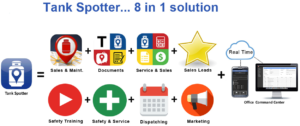

 Despite multiple propane tanks exploding, the fire was contained to the roof and extinguished by the firefighters. Fire chief, Charlie Cribb, reported that the roof sustained thermal damage due to the blaze. The high temperatures and soaring heat index posed a challenge for the firefighters, prompting the assistance of Georgetown County Fire EMS and Midway Fire Rescue to rotate personnel and ensure their well-being throughout the firefighting operation.
Despite multiple propane tanks exploding, the fire was contained to the roof and extinguished by the firefighters. Fire chief, Charlie Cribb, reported that the roof sustained thermal damage due to the blaze. The high temperatures and soaring heat index posed a challenge for the firefighters, prompting the assistance of Georgetown County Fire EMS and Midway Fire Rescue to rotate personnel and ensure their well-being throughout the firefighting operation.